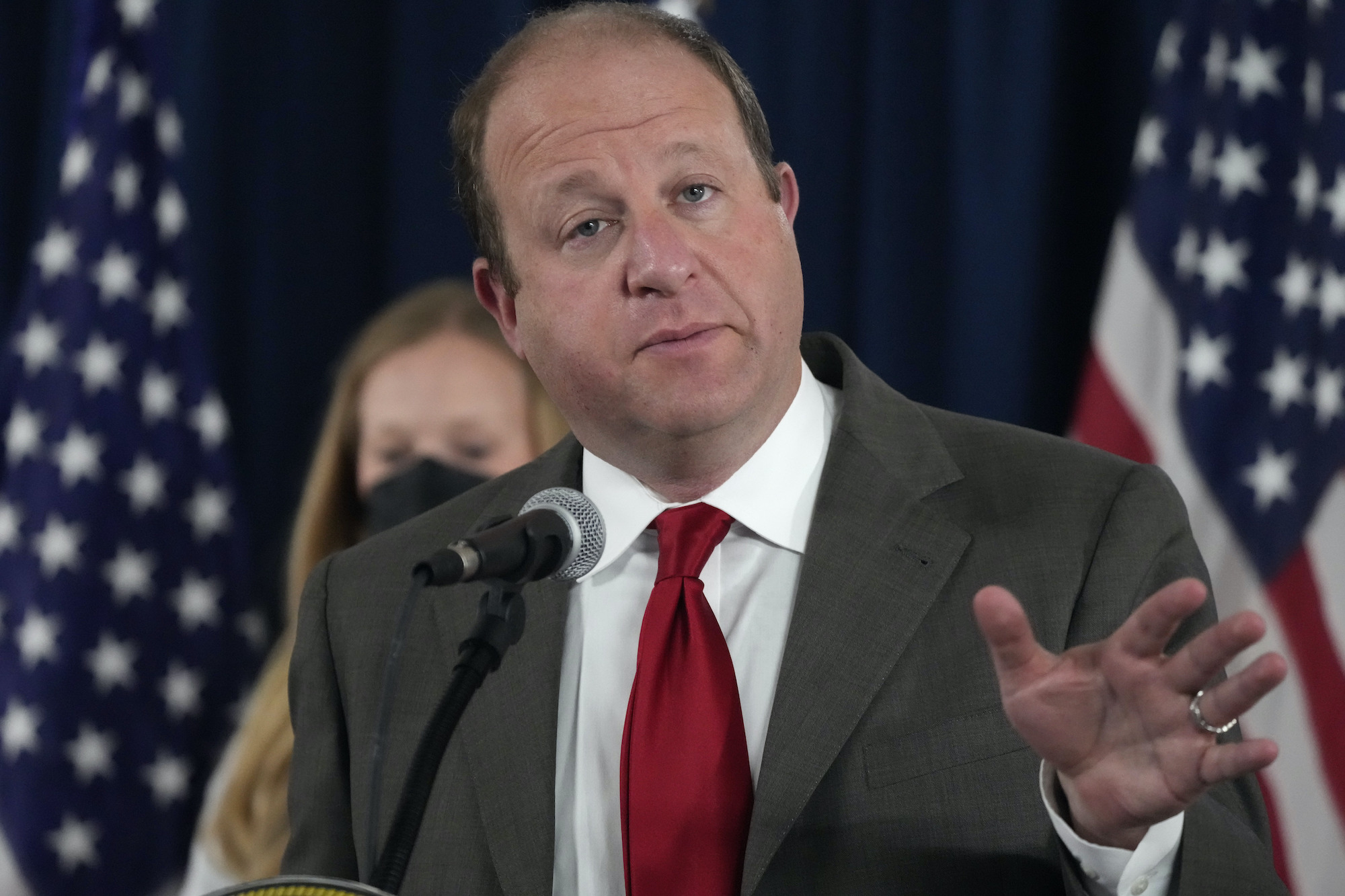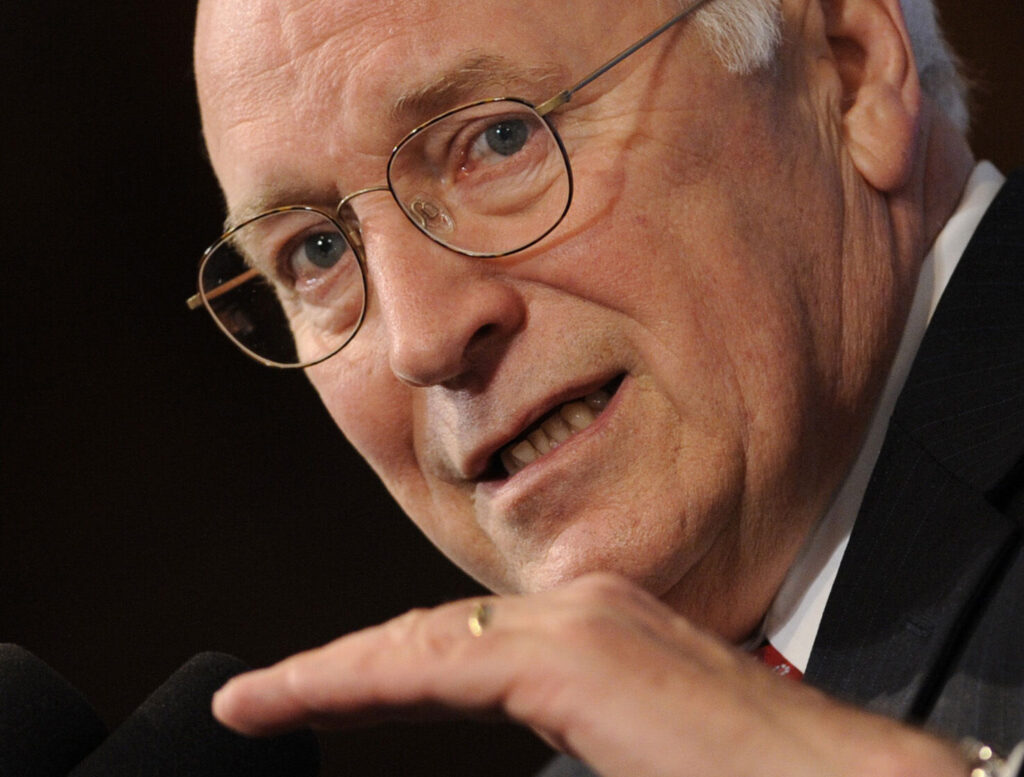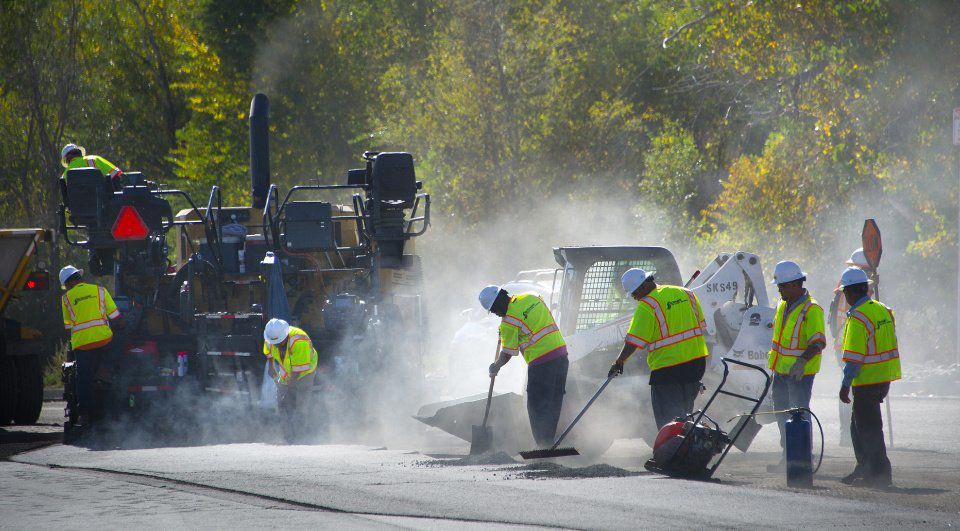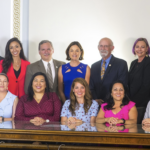Small business group urges curbing governor’s emergency powers

Colorado small business owners want to curb the governor’s emergency powers, according to an annual poll conducted by the National Federation of Independent Business of its members in the state.
The group’s survey, released on Wednesday, also shows its members reject any move to tax services.
Tony Gagliardi, the group’s state director, described the emergency powers of the governor as too sweeping, citing Gov. Jared Polis’ decision last year to shut down what his administration deemed to be non-essential businesses during the early phase of the pandemic.
Polis declared a state of emergency in March 2020 and issued a series of orders aimed at halting the spread of COVID-19. He ordered the closure of dine-in restaurants and bars, gyms, theaters, nail and hair salons, spas and casinos. He also shuttered downhill ski resorts.
One estimate put the restaurants’ losses at close to $1 billion from the time stay-at-home orders were issued in late March through April in 2020.
Polis has since resisted re-imposing the stringent measures his administration deployed early in the pandemic, arguing that the emergency is over, today’s situation is far different with the availability of vaccines, and the surge in current cases is largely confined to the unvaccinated.
But the governor’s distinction between essential and non-essential businesses remains a source of concern for some in the business community.
“Why was the governor able to shut down local small businesses and declare them nonessential when I could go to Home Depot or Lowe’s or Target and purchase exactly the same product, and they were declared essential businesses?” Gagliardi told Colorado Politics.
Gagliardi said other states are reexamining the reach of their governor’s emergency powers, and Colorado’s lawmakers should do the same.
NFIB’s survey found 67% of respondents said the General Assembly should revise the statutes to reduce the governor’s emergency powers; 22% said no to curbing those powers.
Small businesses oppose requiring employers to provide work schedules two weeks in advance and give “predictability pay” when an employee’s shift changes or is canceled without notice, the survey says.
They also balk at any proposal to impose a sales tax on services, according to the survey.
NFIB sent the survey questions to more than 5,300 of its members in the state, and said 324 of them responded.
The group said the results will help guide its lobbying positions at the Colorado Capitol, as well as in Washington, D.C.














